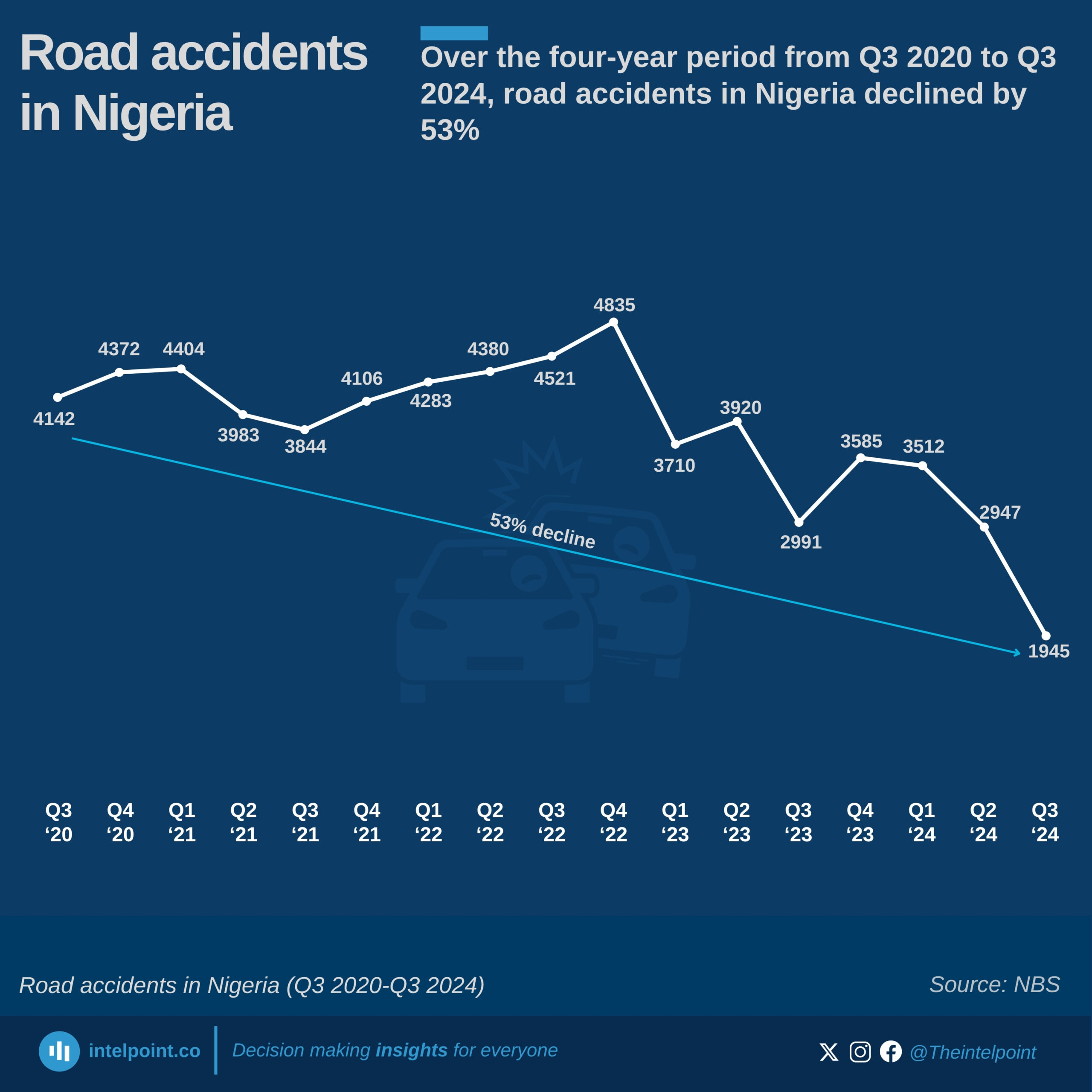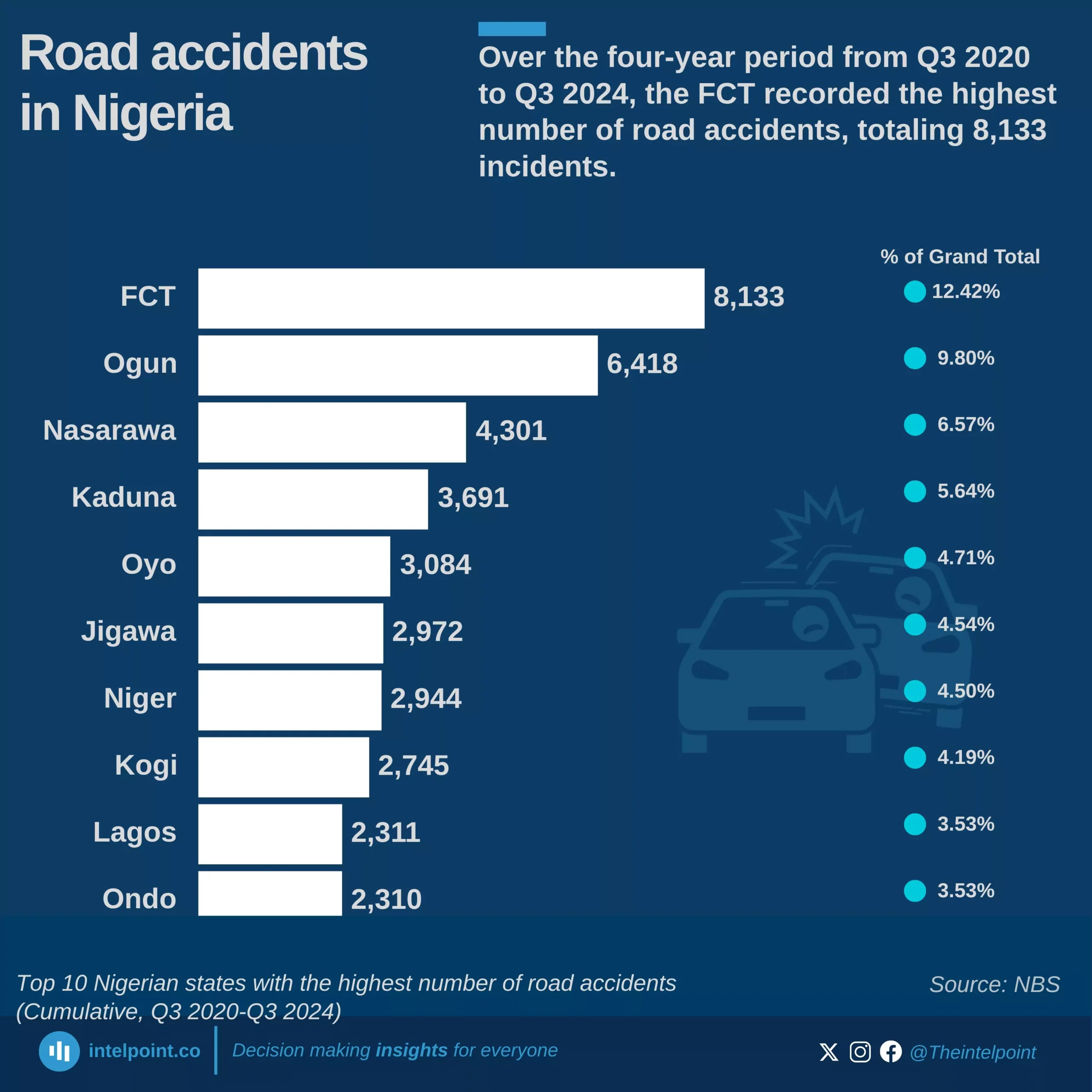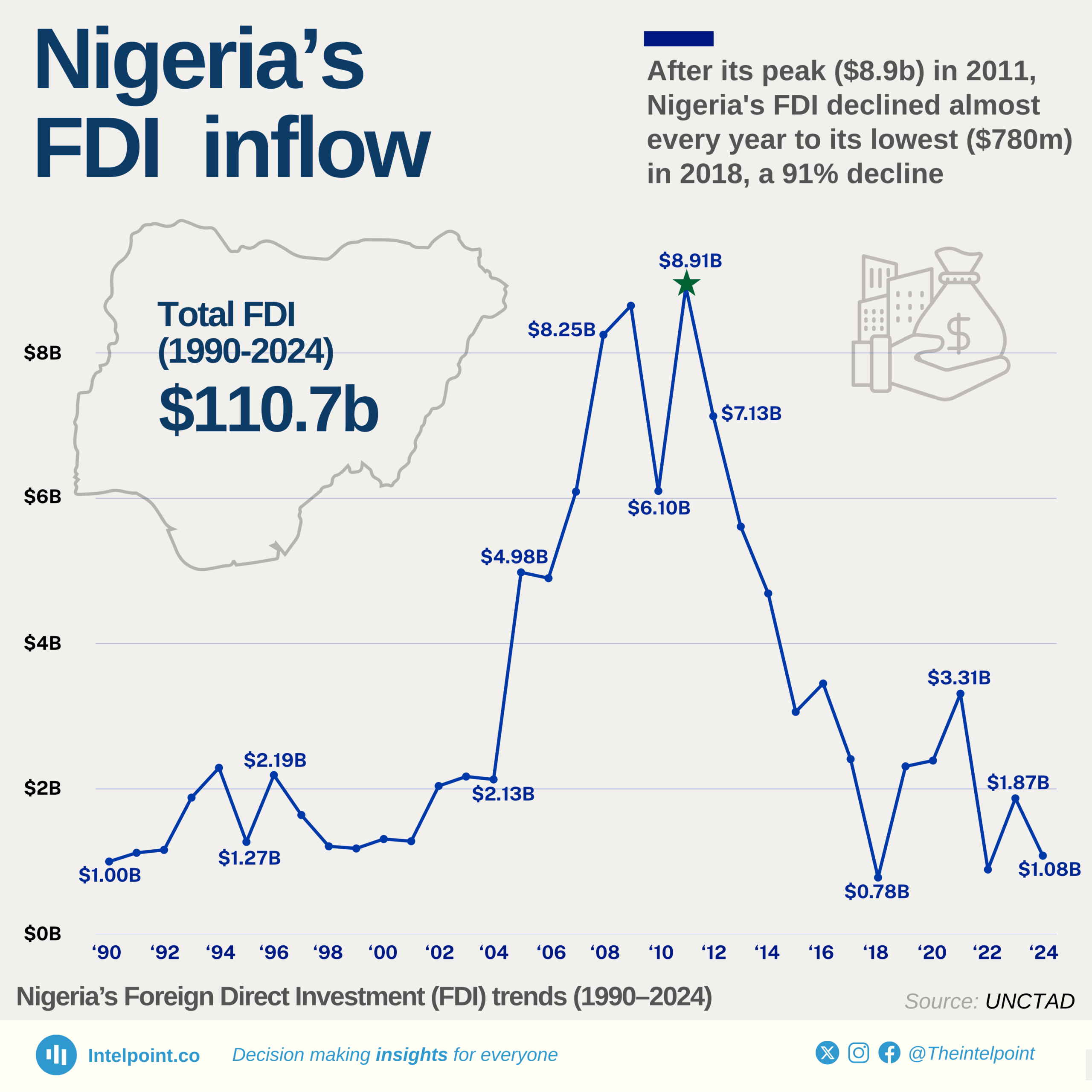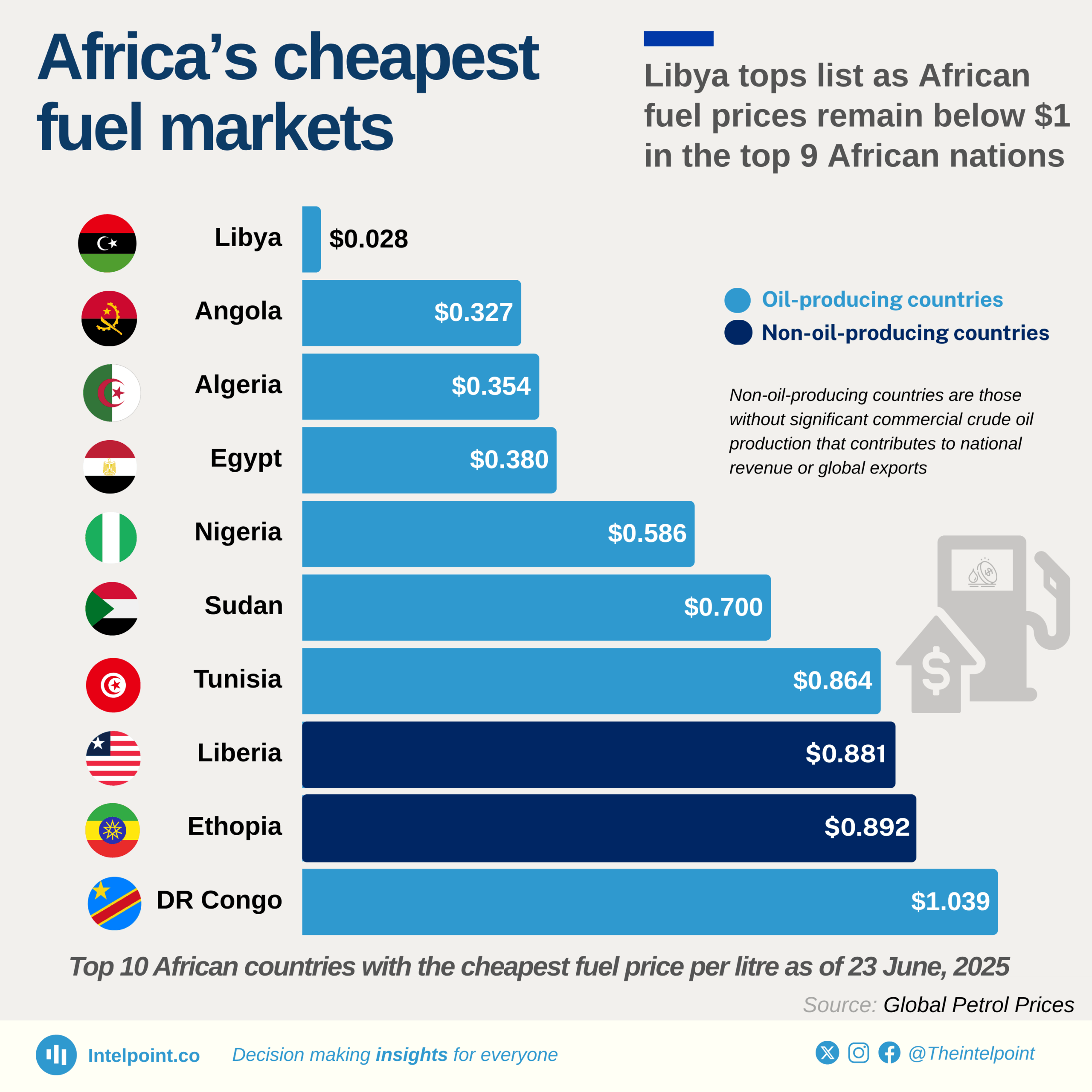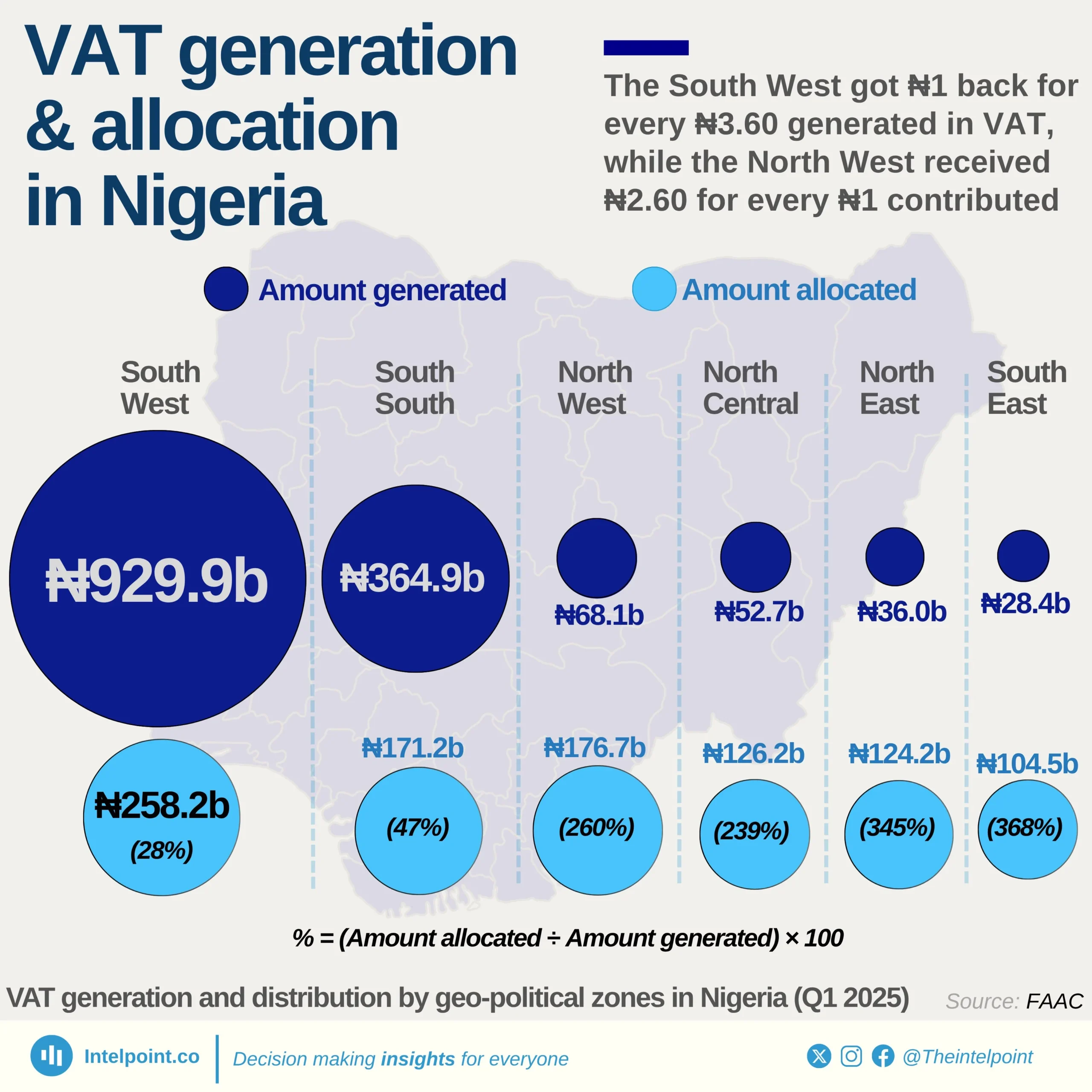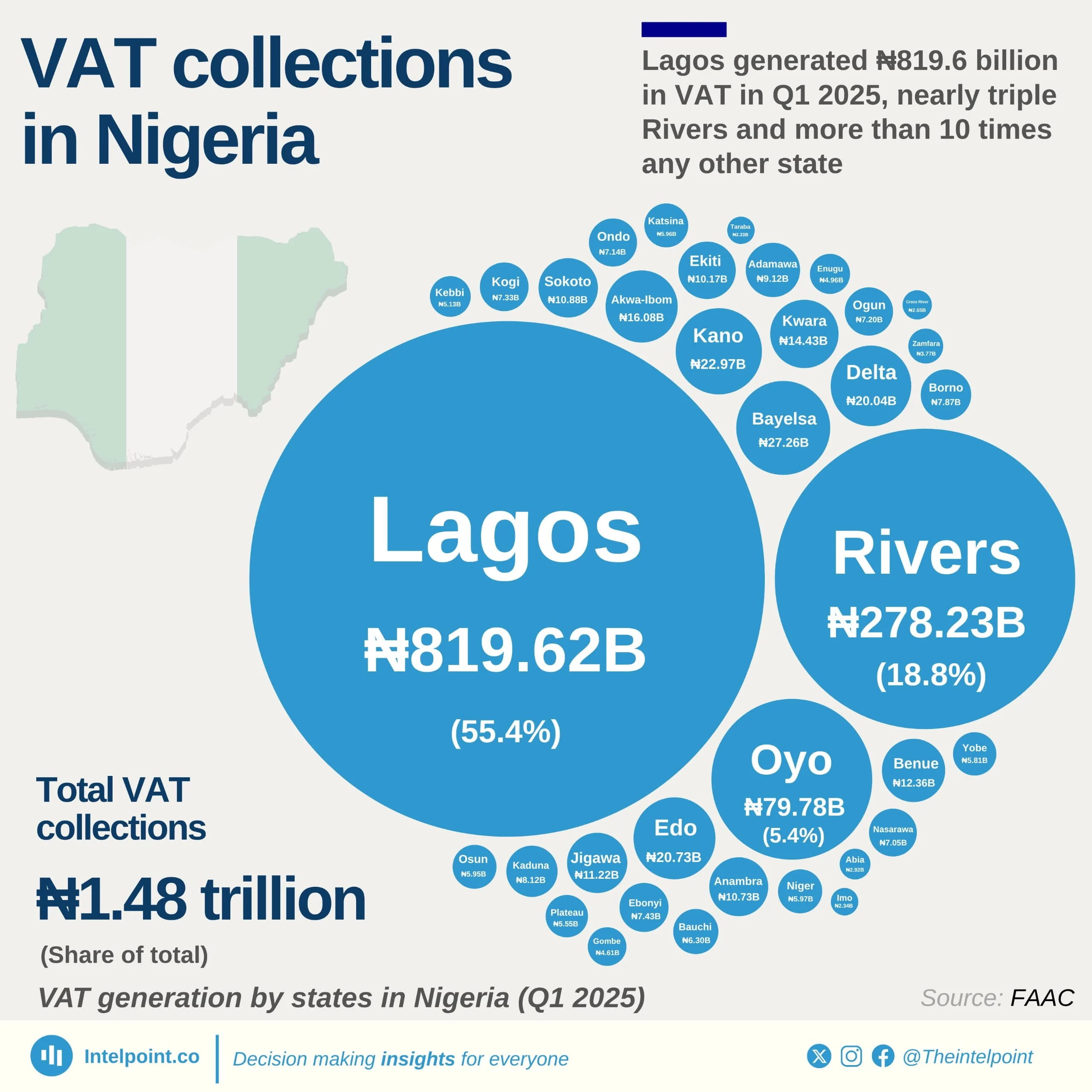Over the past nine years, petrol prices in Nigeria have experienced a dramatic and relentless rise, climbing from ₦109.60 per liter in January 2016 to ₦1,189.12 per litre in December 2024, a staggering 984.96% increase. While the early years saw moderate fluctuations, the trend took a sharp upward trajectory in recent years, driven by economic shifts, subsidy removals, currency depreciation, and global oil price volatility.
The sharpest single-month price surge occurred in June 2023, when petrol prices skyrocketed by 129.23% compared to the previous month. This unprecedented leap marked a pivotal moment in Nigeria’s fuel pricing history, coinciding with the removal of fuel subsidies, which instantly doubled the cost of petrol and sent ripple effects across the economy.
The highest recorded price of ₦1,214.17 per liter came in November 2024, reflecting continued economic pressures, while the lowest price of ₦99.80 per litre was observed in February 2016, when subsidies still kept fuel costs relatively low. Despite these extremes, the average petrol price over the nine-year period was ₦272.65 per litre, showing that while drastic spikes occurred, there were also periods of relative stability.
